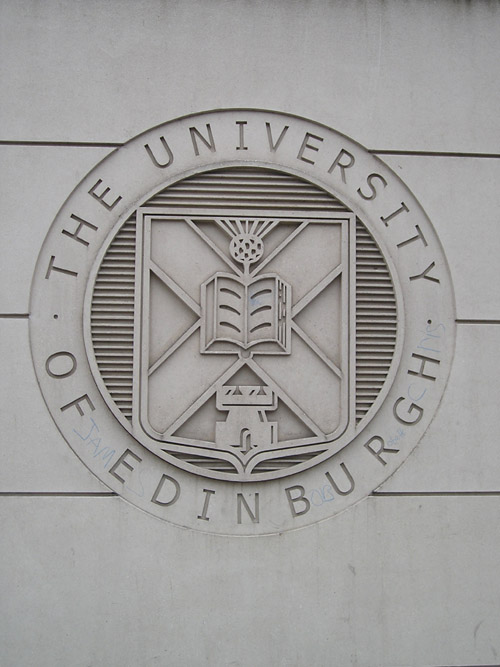EXPERTS are to advise whether Glasgow and Dundee are at risk of becoming “shrinking cities” after losing swathes of their populations in recent years.
The Shrinking Cities, Expanding Landscapes conference is being held at Edinburgh University next week and will help decide whether the two cities could become like America’s Detroit.
The cross-the-pond counterpart is the most famous example of a “shrinking city” after boarded up buildings replaced it’s once-thriving industry.

Shrinking cities can be identified by a loss of population, economic decline and a rise in the number of abandoned buildings and derelict land.
But city officials have refuted the claims saying that although their populations have decreased, their towns now have a “more diversified economy” which makes it more “resilient.”
Official figures show Glasgow has experienced a 16% drop in the number of residents since 1981.
And Dundee is another prime example, losing nearly 13% in the last three decades.
The co-chair of the conference, Mark Eischeid, said that Glasgow was considered a shrinking city because it fits the criteria.
He acknowledged the city has seen a rise in population numbers in recent years but added:
“With respect to the news regarding the loss of shipbuilding jobs in Glasgow, it’s clear that the triggers for shrinkage are still active in Glasgow.”
But not everyone agrees however.

Karina Pallagst, a professor of International Planning Systems at Kaiserslautern University of Technology, in German, said Glasgow is a good example of shrinking city turning itself around.
And city leaders could not agree more with Glasgow City Council’s Bailie Liz Cameron saying that current population figures are hopeful for the future.
She said: “While Glasgow’s population may be lower than it was 50 years ago, it seems curious to suggest that the city is shrinking.
“The truth is that Glasgow is a growing city: the population has been growing since 2001, from 578,000 to around 596,000 now.
“Projected figures for the city suggest that this growth will continue in the coming decades, with a population of 660,000 expected by 2035.
Professor Deborah Peel, chair of Architecture and Planning at Dundee University, said Dundee was also a city of “transformation”.
She said: “Dundee has been declining in terms of population, but actually the official statistics now show the city is growing.
“The reason for a city shrinking is, for example, because it has relied on a single economy and if that fails then the city fails – whereas Dundee’s agenda at the moment is to have a much more diversified economy and that makes it resilient to any single shock.”
And another city chief, Will Dawson, said that although on paper Dundee had declined, this didn’t take into account the reorganisation of local government boundaries in 1996.
Glasgow received a devastating blow last week when shipbuilding giants BAE Systems announced they were cutting 1,775 jobs at their yards around the country, including on the River Clyde.
Dundee, the fourth largest city in Scotland, was once famous for its jute, jam and journalism has
has also experienced devastating blows to its economy.
During the 1980’s, around 10,000 manufacturing jobs were lost due to the closure of shipyards, the downfall of carpet making and the disappearance of the jute trade.

